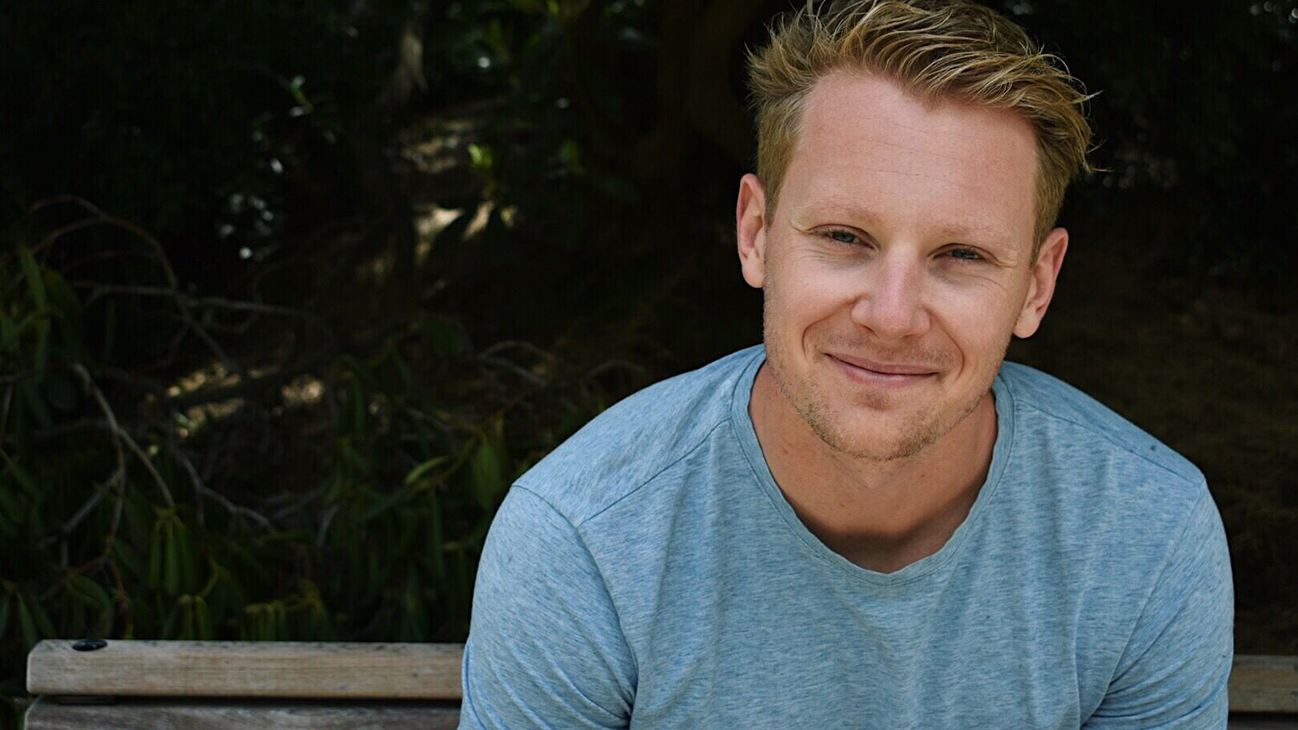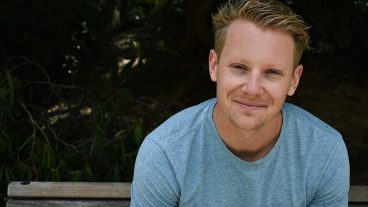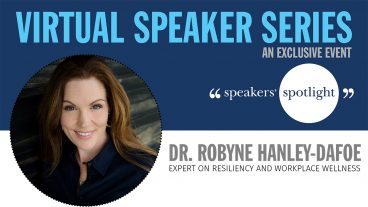It (almost literally) happened overnight. One day we were in the office and the next we were home figuring out how to download Zoom and wondering if the pro version was worth it.
In the snap of a finger the future of work shifted from a concept to a reality and we scrambled to deal with, yes, I’ll say it — unprecedented change. And whether we planned for an eventual digital transformation or not, we were thrust into a whatever we are doing now.
But lessons aren’t learned as events happened, they’re learned in reflection of events that have happened. With that said, perhaps we can predict plan what tomorrow will look like. What if the future of work wasn’t something that we pontificated about, and instead was something we intentionally created through the decisions and actions we made today?
There is No Best Place to Work
Fortune magazine rated Hilton Hotels as the best place to work in 2020. The second best place? Ultimate Software. While both deserve a standing ovation, there isn’t an ounce of evidence that would suggest that someone from Hilton would want to work at Ultimate Software, or that someone from Ultimate Software would want to work at Hilton. I would actually go so far as to say that there are people that work in one department that wouldn’t want to work in another, within the same company. To suggest there is a universal best place to work or team to be on shows a lack of appreciation for how unique people are and how they work best.
What does that mean? It means that instead of trying to be everything to everyone, we need to double triple down on what works for us and attract people that want a similar experience.
Build a Culture of Proactive Experimentation
Remember way back in March when we all rolled out of our beds and into our home offices (read: kitchen, couch, or maybe you didn’t leave bed), trying to figure out a new normal? There were no best practices, and in many cases, there were no practices at all. We had to figure out what worked best and make pivots along the way.
I learned very quickly that Zoom exhausted me and that I had to make a shift to email and phone part way through the day. I also learned that regular office hours weren’t working as well and had to experiment with working early in the morning and clicking away at the keys after dinner. While I didn’t know, what worked best (and am still learning), constant and consistent experimentation is allowing me to learn more about myself, my team, and how we work best.
What does that mean? It means that perhaps our true best practices are yet to be discovered. Unless we built a culture of experimentation, we may never find what truly works best.
Trust is Given First and Earned Second
Ever spent time in the office “showing face” because you felt like you had to? Bums in seats, right? If you’re here, you’re working and if you’re working, you’re productive. How else could a “leader” know the job was really getting done?
That was so last month. Today our leaders have had their arms twisted by an invisible force, requiring them to trust us with work and shift from a time-based schedule to a results-based environment. Instead of saying “we need you here from X to Y”, we’ve made the necessary shift to “we need you to complete X by Y”. Surprise, surprise — we’re rising to the occasion!
What does that mean? It means because we are forced into trusting and being trusted, we’re having to assume workers are honourable professionals who get great work done on time. That untrustworthy isn’t an option. We are trusting first, and it’s working.
While many of us would like to suggest that the next future of work is coming, what if we suggested that it was already here, and just as unique as the people living it. Instead of painting a single picture suggesting the future of work could look a certain way, perhaps we should be building an art gallery, one where countless interpretations and experiences of an ideal workplace could be displayed and created by those living it on purpose, and by design.
A globally recognized thought leader, bestselling author, and speaker, Eric Termuende brings a fresh perspective to workplace culture and the future of work. As co-founder of NoW Innovations, he advises industry-leading organizations, institutions, and associations on future-proofing their teams, talent management, and rehumanizing the workplace.




